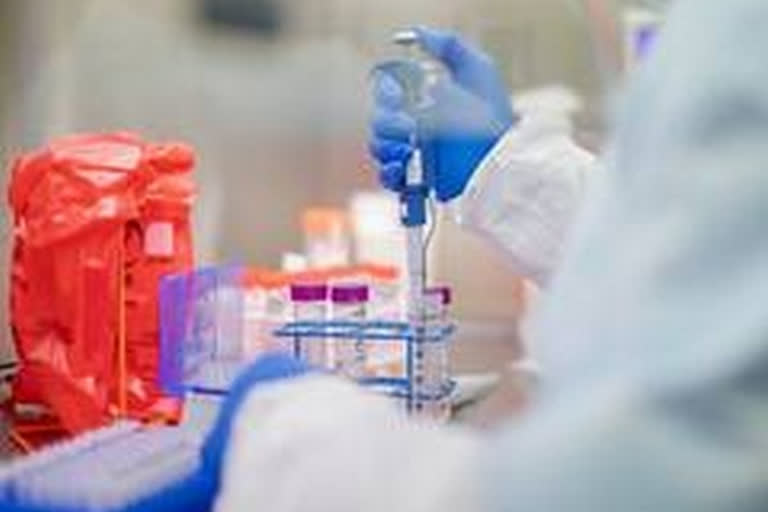New Delhi: The presence of anti-spike or anti-nucleocapsid IgG antibodies in response to Covid19 infection is likely to last for six months and it can substantially reduce risk of SARS-CoV-2 reinfection in the ensuing six months, said a study conducted by UK health department.
The latest findings certainly clear the picture on the presence of antibodies and it's effectiveness as far as reinfection by Covid19 disease is concerned.
A total of 12541 health care workers participated and had anti-spike IgG measured, 11364 were followed up after negative antibody results and 1265 after positive results, including 88 in whom seroconversion occurred during follow up.
"A total of 223 anti-spike-seronegative health care workers had a positive PCR test, 100 during screening while they were asymptomatic and 123 while symptomatic, whereas 2 anti-spike-seropositive health care workers had a positive PCR test, and both workers were asymptomatic when tested. There were no symptomatic infections in workers with anti-spike antibodies," said the study appeared in the New England Journal of Medicine.
The spike and nucleocapsid proteins are the main immunogens which create an immune response in the body in the form of anti-spike and anti-nucleocapsid antibodies.
The health care workers were followed up for 31 weeks to determine their risk of Covid19 infection as well as check the presence of Covid immunity.
"The presence of anti-spike antibodies was associated with a substantially reduced risk of PCR confirmed SARS-CoV-2 infection over 31 weeks of follow up," the study said.
Participants were swabbed for PCR testing every two weeks and checked for antibodies every two months between April 23 to November 30.
Two investigative procedure were used in the study-enzyme linked immunosorbent assay (ELISA) and anti-nucleocapsid IgG assay.
The study said that no symptomatic infections and only two PCR positive results in asymptomatic health care workers were seen in those with anti-spike antibodies, which suggests that previous infection resulting in antibodies of SARS-CoV-2 is associated with protection from reinfection for most people for at least 6 months.
"Evidence of post-infection immunity was also seen when anti-nucleocapsid IgG or the combination of anti-nucleocapsid and anti-spike IgG was used as a marker of the previous infection," the findings said.
The findings further said that this is a study of predominantly healthy adult health care workers 65 years of age or younger, further studies are needed to assess postinfection immunity in other populations, including children, older adults and persons with coexisting conditions, including immunosuppression.
"In this study, we found a substantially lower risk of reinfection with SARS-CoV-2 in the short term among health care workers with anti-spike antibodies and those with anti-nucleocapsid antibodies than among those who were seronegative," the study said.
Also Read: Saudi Crown Prince gets COVID-19 vaccine



